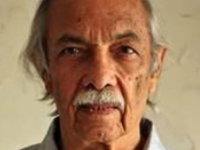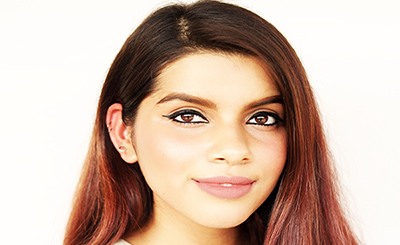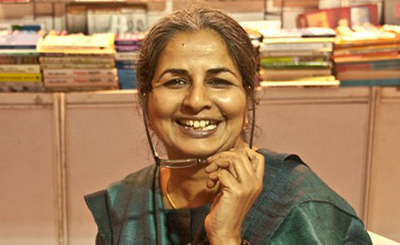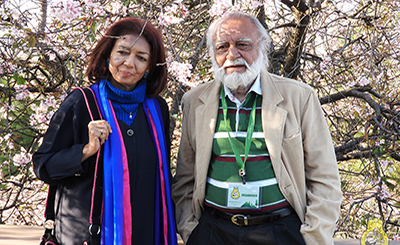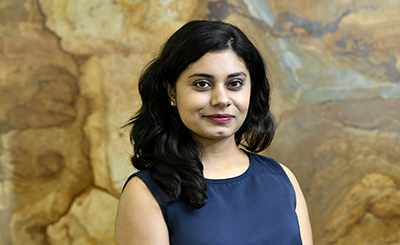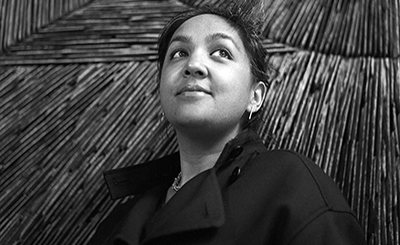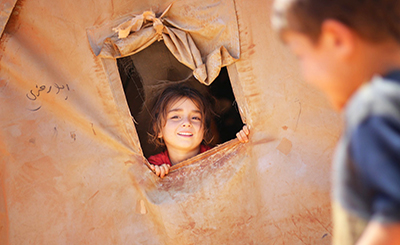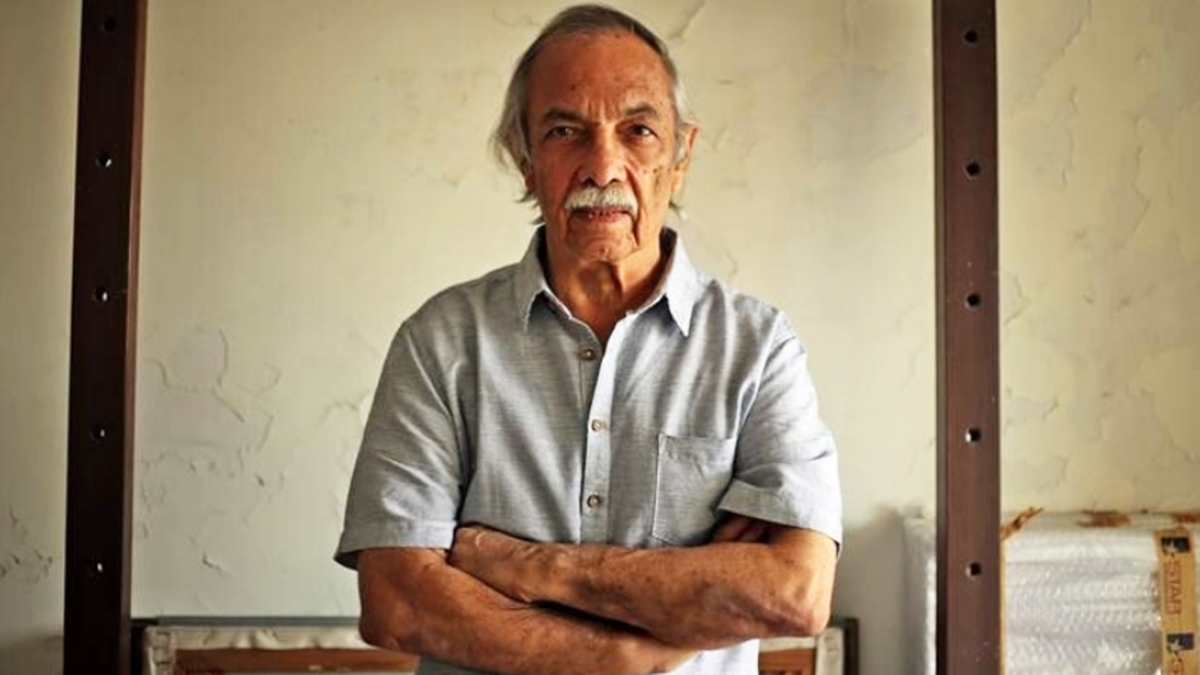
Gieve Patel. Photo courtesy of Twitter.
Poet’s Note: ‘The poems usually move from puzzlement and confusion to knowledge of a kind’
My first book of poems, How Do You Withstand (1966), deals with a young person's confrontation with death and disease in hospital, on the streets; moral and emotional issues pertaining to living in an economically constrained country; and the attempt to stand firmly on one's feet, without despair, in this situation.
The second book, Body (1976), goes a step further into these concerns. The human body is viewed as a target of violence; the violence is seen to emanate from the state as well as from the psyche of each individual. Hence, there are political and psychological resonances to these poems. Marginally, if I may say so, the concern is also metaphysical. In the end the attempt is to see how it is that the body survives the violence perpetrated against it.
The third book, Mirrored Mirroring (1991), addresses God, with irony and some passion. Imagery from nature is more pronounced here than in the earlier books.
I write in free verse, the rhythm controlled strictly and varied to serve the thematic needs of the poem. I favour a lucid line of writing, not denying the occasional need for ambiguity and on rare occasions even obscurity. The poems usually move from puzzlement and confusion to knowledge of a kind. (Source: Encyclopedia.com)
Catholic Mother
(Your child at hospital)
She’s the youngest of three,' you said,
She's always been so: sickly',
She's always been so: sickly',
And you smiled; the child
Responded but turned shyly away.
We were all three
Barely perturbed.
And so you were trustful,
Open, not alien to objects,
Touching cups, bottles,
Her hair,
Shared by the sunlight
That was breaking over the weeds,
And peaceful
That your child was breathing in
The quiet afternoon dazzle.
But then when it struck,
When her eyes began
To paper, and drugs
Were ineffective,
The room recoiled
And I saw you become
Private, before relations
Could come
To join into your pain.
I can see that your people
Have more right to you now than I,
Aunts and uncles will be closer,
But before I let you leave, pious woman,
Your weeping soft,
Unrebellious,
From what perverseness
Do I appose for you
Your simple original trust
Before the present horror?
Post-Mortem
It is startling to see how swiftly
A man may be sliced
From chin to prick,
How easily the bones
He has felt whole
Under his chest
For a sixty, seventy years
May be snapped,
With what calm
Liver, lung and heart
Be examined, the bowels
Noted for defect, the brain
For haemorrhage,
And all these insides
That have for a lifetime
Raged and strained to understand
Be dumped back into the body,
Now stitched to perfection,
Before announcing death
Due to an obscure reason.
Public Hospital
How soon I've acquired it all!
It would seem an age of hesitant gestures
Awaited only this sententious month.
Autocratic poise comes natural now:
Voice sharp, glance impatient,
A busy man’s look of harried preoccupation —
Not embarrassed to appear so.
My fingers deft to manoeuvre bodies,
Pull down clothing, strip the soul.
Give sorrow ear up to a point,
Then snub it shut.
Separate essential from suspect tales.
Weed out malingerers, accept
With patronage a steady stream
Of the underfed, pack flesh in them,
Then pack them away.
Almost,
I tell myself,
I embrace the people:
Revel in variety of eye, colour, cheek, bone;
Unwelcome guest, I may visit bodies,
Touch close, cure, throw overboard
Necessities of distance, plunge,
Splice, violate,
With needle, knife, and tongue,
Wreck all my bonds in them.
At end of day,
From under the flagpole,
Watch the city streaming
By the side of my hands.
Toes
Small, slightly built, wistful,
Stooping down to touch my feet at the end
Of an interview. I come to anticipate the stooping,
Look forward to it rather. Despite the loathing
Unmistakably I want it too. Then the mandatory reassuring
Dismissive folding of my hands, I too acknowledge
His humanity and god in him but whereas mine is regal,
Official almost and therefore supernally humble,
His would always remain short of cringing. He asserting
His humanity only in having done the last necessary thing
To declare between us the acknowledged baseness of his station
Before my loftiness, an exchange appropriate maybe to
An age of seers and acolytes but what to make of it
At a small private medical clinic in densely packed Central
Bombay
Exploding with commerce? Holy ash! Were it
A remote forest retreat and I wisest of the wise
Would I not thrill again to that light touch administered
To my toes, and he turn away blessed or soiled
By the clammy encounter?
The essay and the poems are part of our Poetry Special Issue (January 2021), curated by Shireen Quadri and Nawaid Anjum. © The Punch Magazine. No part of this essay or the new poems exclusively featured here should be reproduced anywhere without the prior permission of The Punch Magazine.
More from The Byword
Comments
*Comments will be moderated
Will hard copie sof the Jan issue be available sometime?
BRIAN DE SOUZA
Feb 16, 2021 at 02:01



